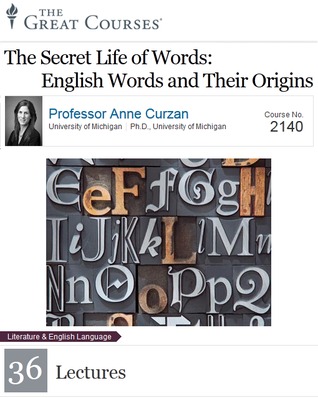5 stars out of 5 stars *****
It is quite appropriate that I finish listening to Eric Metaxas's biography of Martin Luther on October 31, 2017. This day marks the the 500th anniversary of Martin Luther's posting of a document that exposes the Catholic church, the only powerful Christian religion, of professing misinterpreted scripture as truth and misleading people to pay for their sins with money as well as payment, known as indulgences, for less time spent in Purgatory.
Metaxas narrates his beautifully written text which reveals how particular the German Augustinian Monk, Martin Luther, is in his discovery of the truth. Luther feels the failure of good works with conscientious penance to fill his soul with the Holy Spirit, a feeling that should give him peace, love, and joy.
Luther could not accept the spoken word by his fellow man as the word of God. Luther's own discernment and devotion to truth enables him to understand what the Apostle Paul means when he writes that man is not saved by good deeds but by faith alone. It is this moment that awakens Luther to that Holy Spirit he craves and he, from this day forward, defends his revelation to all the powers of the world who feel the threat of Luther's teachings.
The common man understands Luther's compelling new explanations and agree with his scrutiny of the elite powers who are both church and state. Those who choose this path are asking to burn at the stake as a heretic but Luther knows the truth will set him free.
This comprehensive biography is full of interesting facets about customs and beliefs people hold during a time of war with Islam to the east and maintaining kingdoms to the west. The printing press is invented just before Luther starts to publish which spreads the truth about the Papacy very quickly. Even though Luther is prolific in his writings, he does not profit much from them.
Luther also translates the Bible into German so that the common folk can learn the word of God. He also includes explanations based on his scholarly study that are accepted and recognized by the world's great scholars, like Erasmus. Martin Luther proves to be one of the most significant men in history who influences the world using his idiosyncrasies for detail and pursuit of truth.



